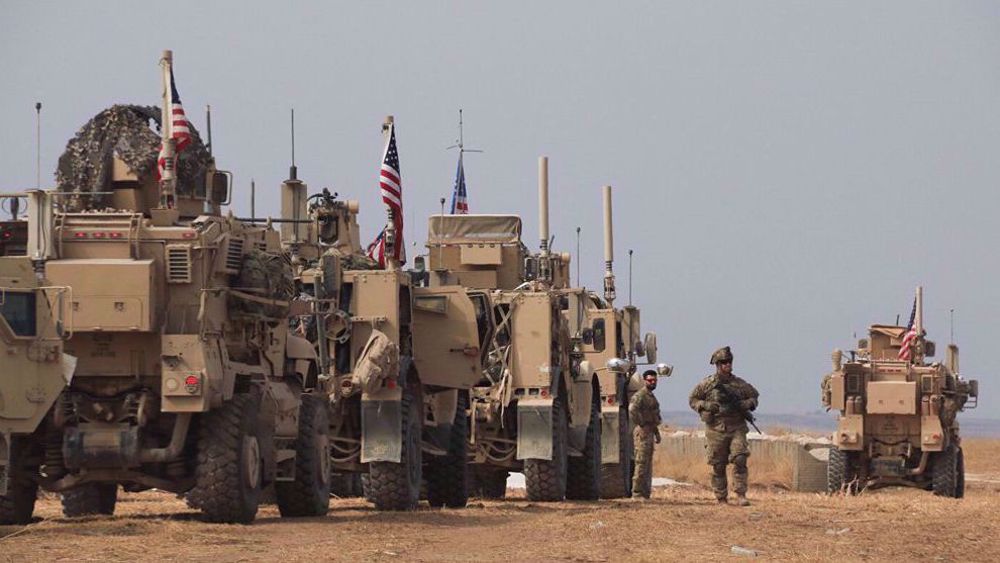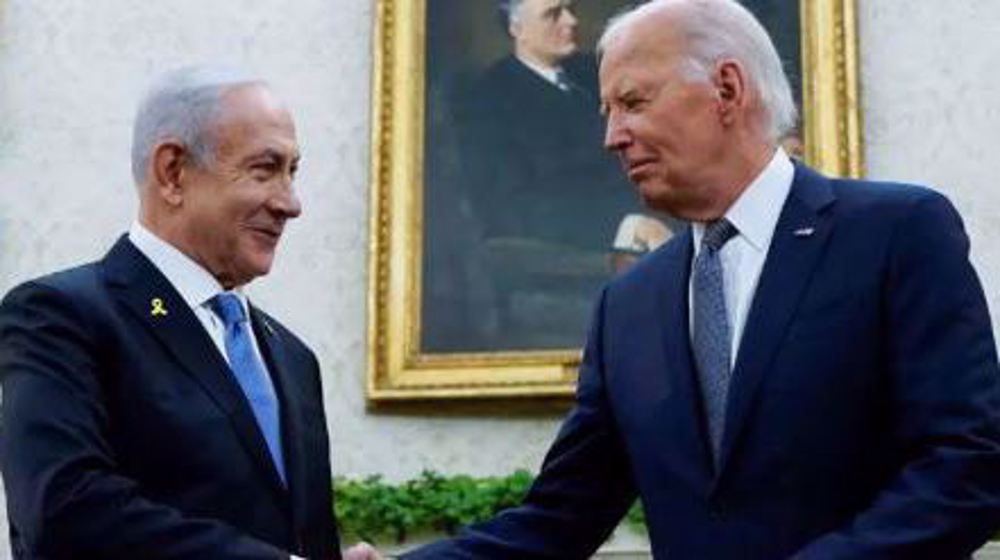NSA targets other intel. agencies as 'active defense': Report
A new report shows that the US National Security Agency has targeted intelligence networks of many countries for what it calls “active defense.”
A New York Times report has revealed that the NSA has hacked into 100,000 foreign computers to target China, Russia, the European Union members, as well as Saudi Arabia, India and Pakistan.
China was the most frequently targeted country on the list, with the NSA describing its spying on the Asian country as "active defense."
The Times report comes as documents obtained by German magazine Der Spiegel published on January 17 show that the NSA and its partners have used numerous network attacks by other countries in recent years to conduct data theft.
One 2009 document, found among ex-NSA contractor Edward Snowden’s leaks, says that the NSA’s duty in those operations was to "discover, understand (and) evaluate" foreign attacks. Another document said it was to "steal their tools, tradecraft, targets and take."
According to the report, the US and its allies have developed counterattack tools to harness enemies' signals intelligence collection.
The practice of waiting for intelligence services to breach other systems and then tapping their results is called "Fourth Party Collection" by the NSA.
For example, the practice allowed the NSA to spy on Chinese hackers as they collected United Nations data between 2009 to 2011.
All countries that are not part of the “Five Eye” alliance are considered potential targets for use of this technique -- even Germany.
The "Five Eyes", often abbreviated as "FVEY", is an intelligence alliance between Australia, Canada, New Zealand, the United Kingdom, and the United States.
The Chinese government in 2013 had accessed sensitive US military documents, including the designs for F-35 fighter jet engines, exhaust systems and radars, according to Der Spiegel.
The US Army, Navy, Marines and Air Force have already established their own cyber forces, while the NSA, officially a military agency, leads the American cyber warfare.
In a recent interview with the PBS, Snowden voiced concerns that "defense is becoming less of a priority than offense."
AN/HRJ
The important of Venezuela for Iran
Iran beats traditional rival Russia in freestyle and Greco-Roman wrestling friendly
Rape trials trigger protests against French ‘sexist and misogynistic’ culture
US photographer opens Berlin exhibition with anti-Israel speech
VIDEO | Press TV's News Headlines
VIDEO | US 'non-profit killer’ bill targets pro-Palestinian groups
Explainer: How Yemeni military chased away US aircraft carrier from Red Sea?
French march for women of Palestine










 This makes it easy to access the Press TV website
This makes it easy to access the Press TV website